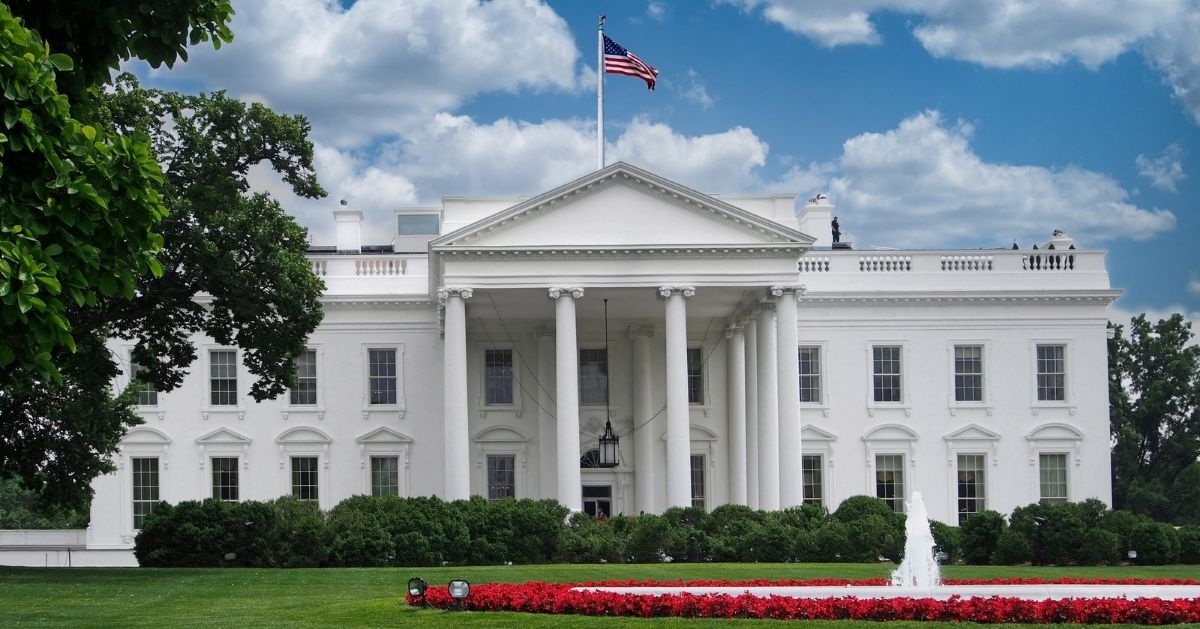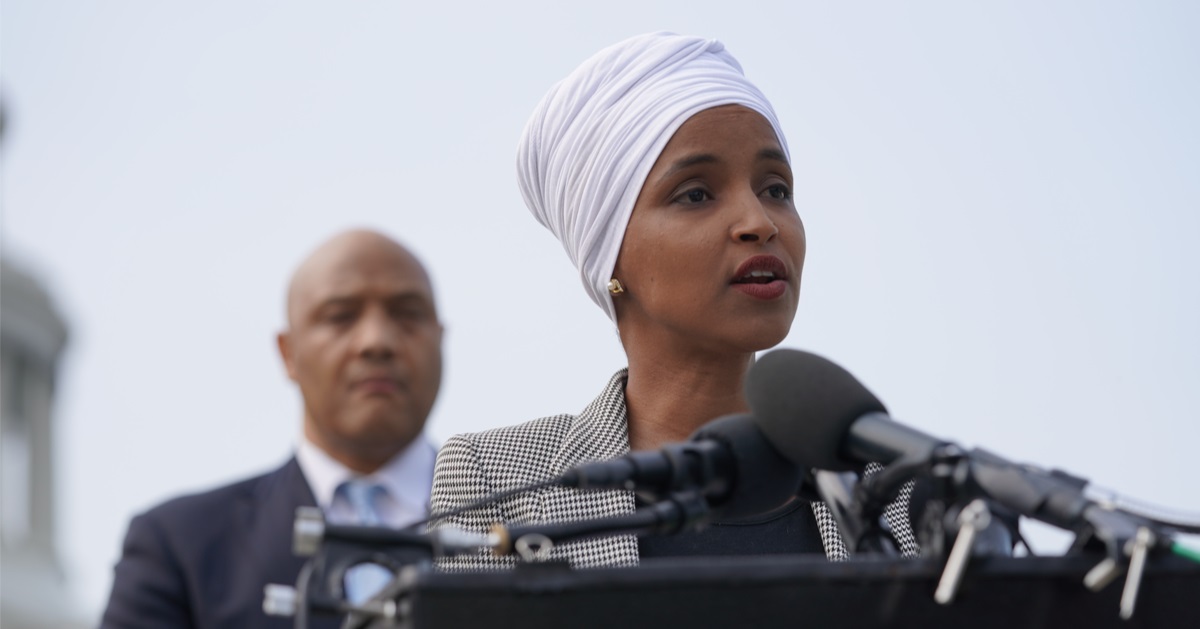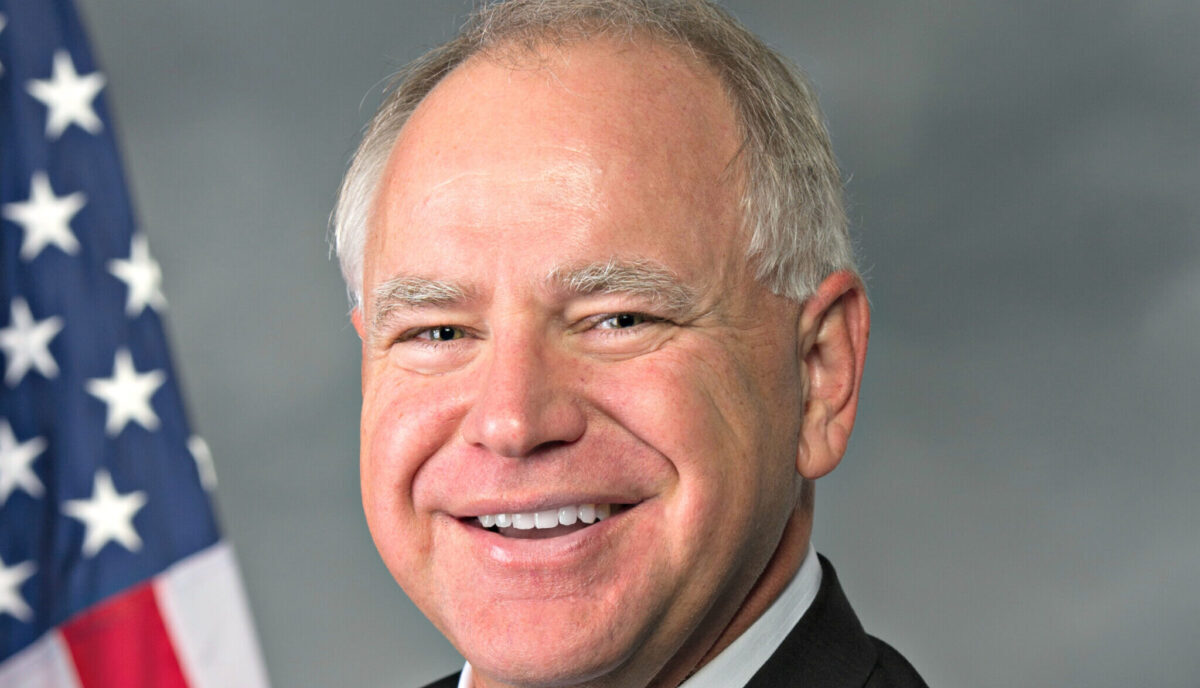Saudi Crown Prince skips Senate meeting amid controversy over visit
Hold onto your hats, folks—Saudi Crown Prince Mohammed bin Salman, often called MBS, has reportedly backed out of a high-profile Senate meeting amid a firestorm of criticism over his White House visit.
The uproar centers on long-standing tensions over MBS’s alleged role in the 2018 murder of American journalist Jamal Khashoggi, with Democrats and even some Republicans slamming the cozy U.S.-Saudi relationship, the Daily Mail reported.
Let’s rewind to 2018, when the CIA dropped a bombshell report concluding that MBS directly ordered Khashoggi’s brutal killing—a claim that still haunts U.S.-Saudi ties. This wasn’t just a footnote; it ignited outrage among lawmakers who saw it as a betrayal of American values. And now, with MBS stepping foot in Washington, that old wound has been ripped wide open.
Lawmakers Blast Saudi Ties Under Scrutiny
Democratic heavyweights like Sen. Bernie Sanders didn’t mince words about the visit, painting MBS as a dangerous autocrat. “This is the dictator who had a U.S. columnist murdered for criticizing the Saudi royal family,” Sanders declared. Well, that’s a tough pill to swallow, especially when we’re supposed to be champions of free speech, not cozying up to those who silence it.
Sen. Ed Markey of Massachusetts piled on, pointing to potential arms deals as a troubling sign of misplaced priorities. “Trump says he will sell our most advanced fighter jets to the Saudis, who US intelligence says killed journalist Jamal Khashoggi in 2018,” Markey stated. If true, that’s a deal that smells more like a geopolitical favor than a defense strategy.
Markey didn’t stop there, suggesting that financial ties between Saudi Arabia and the Trump family might be greasing the wheels of U.S. policy. It’s a claim that raises eyebrows—should business interests ever dictate national security? That’s a question conservatives and liberals alike ought to wrestle with.
Republican Criticism Adds to the Fire
Even some Republicans, typically hawkish on foreign alliances, have balked at MBS’s influence. Back in 2018, Sen. Lindsey Graham called MBS “toxic” and a “wrecking ball,” a statement that hasn’t aged a day. For a party often focused on strength, Graham’s words remind us that not all allies are worth the baggage.
Graham went further then, urging the U.S. to “sanction the hell out of Saudi Arabia” over Khashoggi’s murder. That’s not exactly the language of diplomacy, but it’s hard to argue with the sentiment when a journalist’s life was snuffed out for daring to speak truth to power.
Graham also made a personal vow in 2018 never to work with MBS while he holds power in Saudi Arabia. It’s a stance that shows even within conservative ranks, there’s a line that shouldn’t be crossed. Principles over pragmatism—now there’s a debate worth having.
Meeting Cancellation Sparks More Questions
Fast forward to today, and the planned Senate meeting with MBS appears to be off the table, though the exact reasons remain murky. Was it the sharp criticism from Democrats, or did dissenting Republicans tip the scales? Either way, the uncertainty only fuels the perception of a foreign policy in disarray.
The outrage isn’t just about one meeting—it’s about what this relationship signals to the world. Are we prioritizing strategic alliances over moral clarity? That’s a tightrope walk that’s getting harder to navigate.
Democrats like Sanders have also criticized the broader admiration for what they call the “Saudi model” of governance. It’s a jab at autocracy over democracy, and while conservatives might bristle at the framing, it’s worth asking if we’re sending mixed messages about our core values.
What’s Next for U.S.-Saudi Relations?
Arms deals, business ties, and a murdered journalist—these aren’t just talking points; they’re the messy reality of dealing with a regime like Saudi Arabia’s. Conservatives often argue for realpolitik in foreign affairs, but at what cost to our credibility?
The cancellation of this meeting, if confirmed, might be a small victory for accountability, but it’s hardly the end of the story. U.S.-Saudi relations will continue to be a lightning rod, especially when human rights clashes with national interests.
At the end of the day, this saga is a reminder that foreign policy isn’t just about shaking hands—it’s about standing firm on what America represents. Let’s hope future engagements with MBS and his regime reflect a balance of strength and principle, not just expediency. After all, if we don’t hold the line on values, who will?






